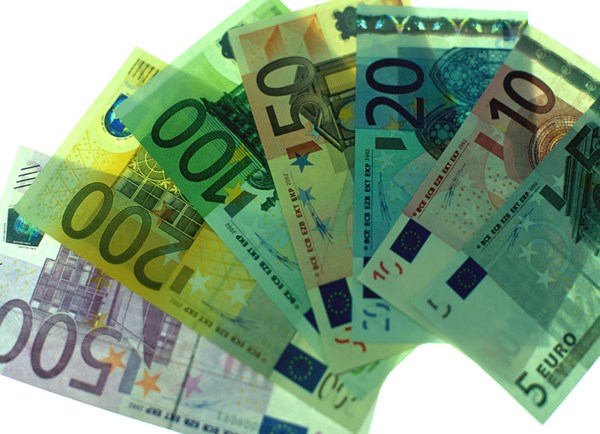EU report: about 31,000 European companies owned by Russians
Despite the sanctions, Russian citizens continue to be actively engaged in business in the countries of the European Union, reports DW. According to the report, published on Friday, October 28, by the European Commission (EC) on the risks associated with money laundering and terrorist financing, Russians are the owners of almost 31 thousand companies in Europe.
The main areas of their entrepreneurial activity in the EU, as follows from the document, are construction, real estate trade, hotel business and energy and finance sectors.
The report of the European Commission is addressed to the Council of the EU and the European Parliament. In the chapter on Russia's war against Ukraine, the authors of the report emphasize that in order to properly implement the EU measures on asset freezes, the countries must effectively comply with the requirements regarding the transparency of economic property. In addition, the EC recommends improving the exchange of information, as well as "proportionately" identifying and monitoring financial assets hidden from tax authorities.
The report authors note that the creation and registration of "mailbox" companies is still a relatively simple procedure, although such companies can be used to "move hundreds of millions of euros through opaque transactions." With their help, criminals can hide not only the origin of money and the place of their transfer, but also the names of the actual beneficiaries. Therefore, hidden finances can be used both for personal enrichment and for the destabilization of entire countries, according to the report of the European Commission.
According to this document, out of about 31 thousand companies in the European Union, which are owned by Russian citizens, at least 1400 belong to people who are on the EU sanctions list. These are about 33 individuals.
At the same time, according to the report, some Russian oligarchs, in order to hide their property, could either give the ownership rights to shell companies registered in third countries or local co-owners.
